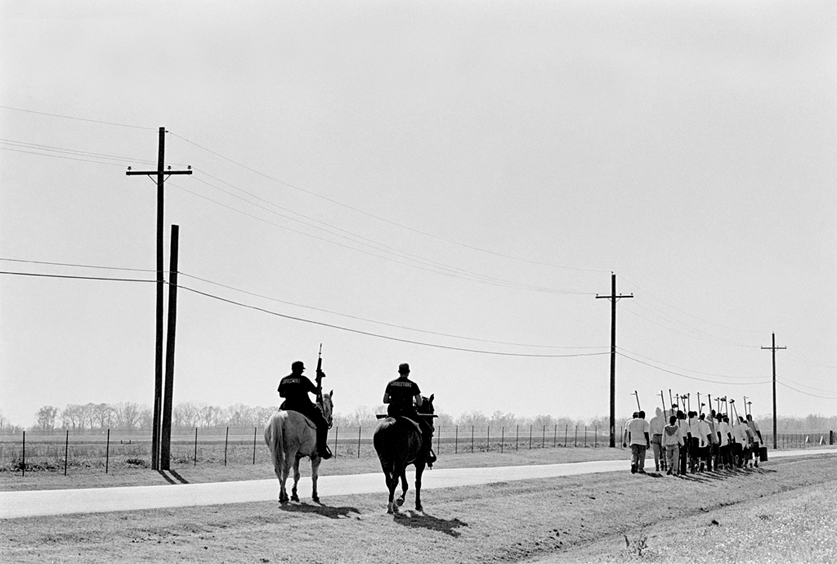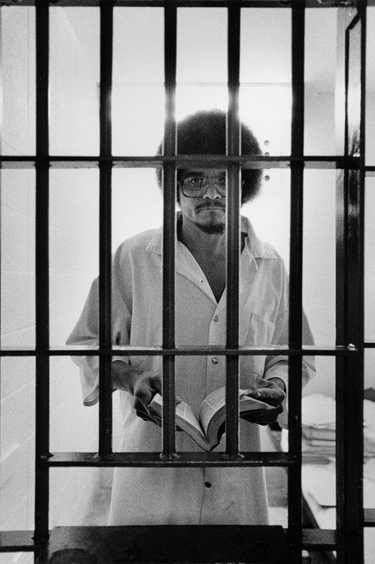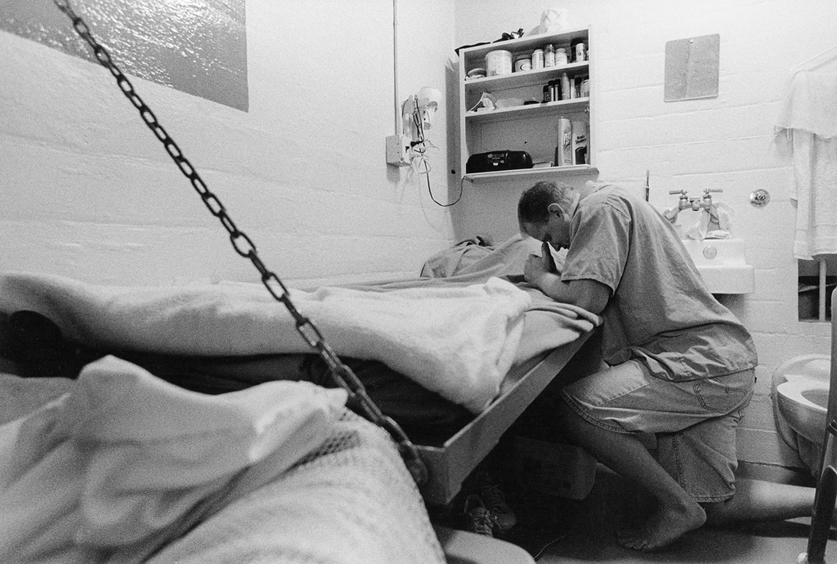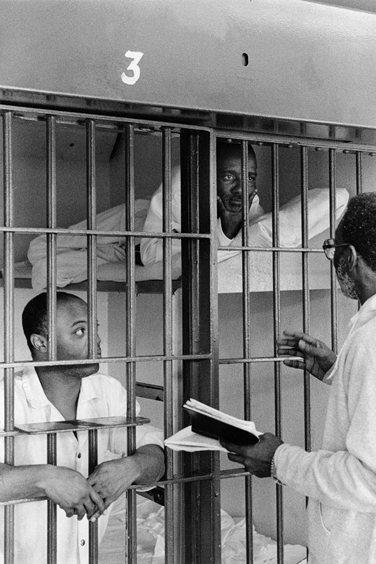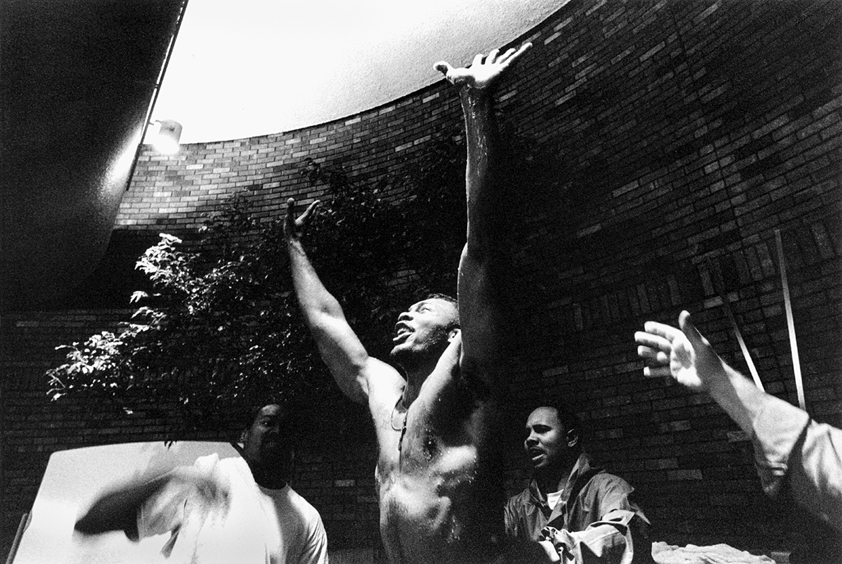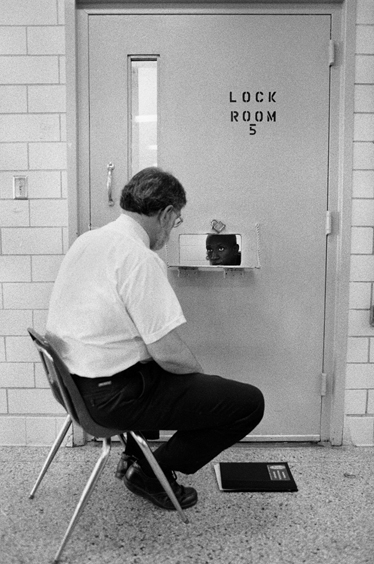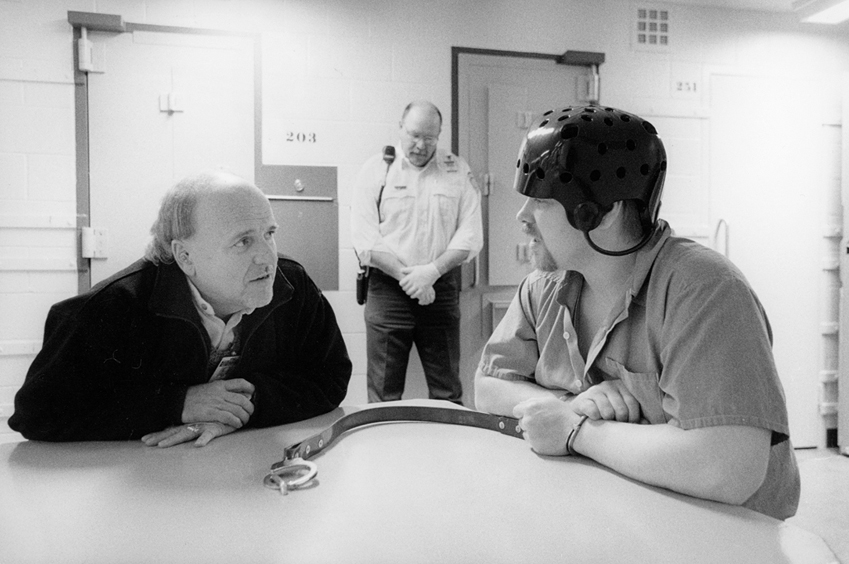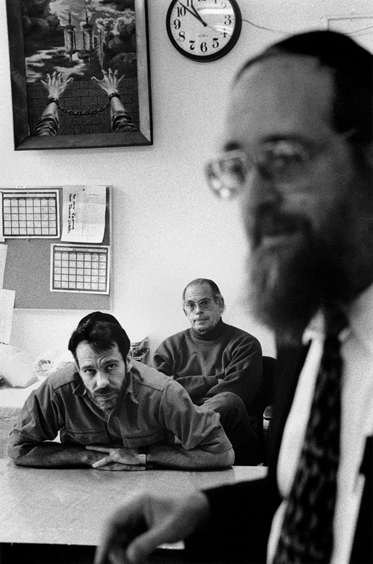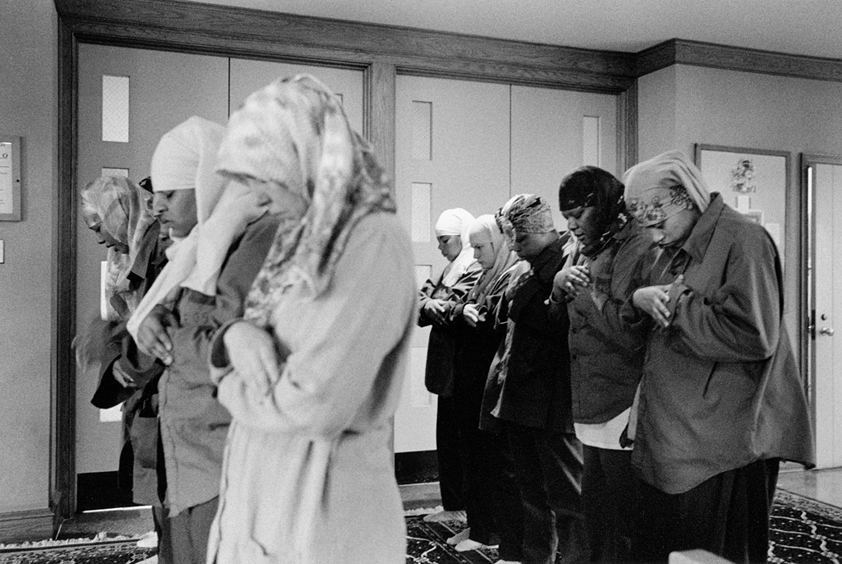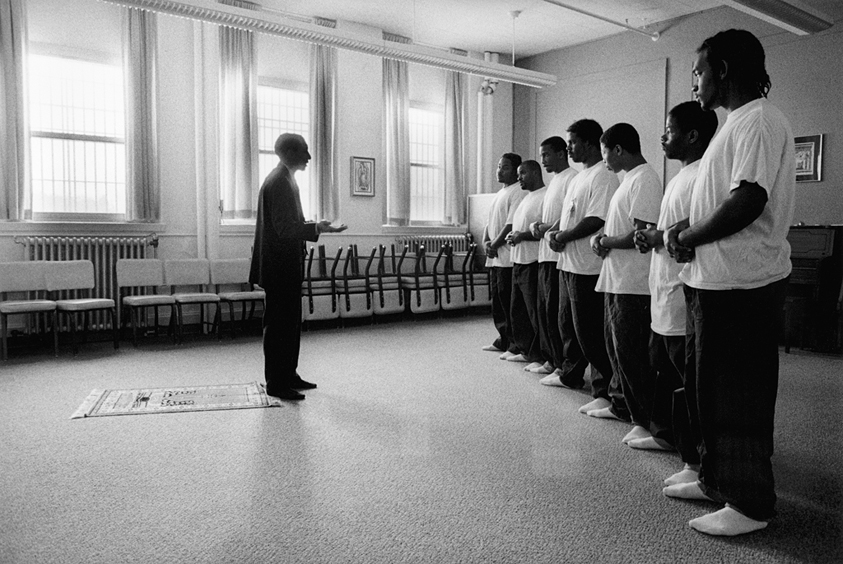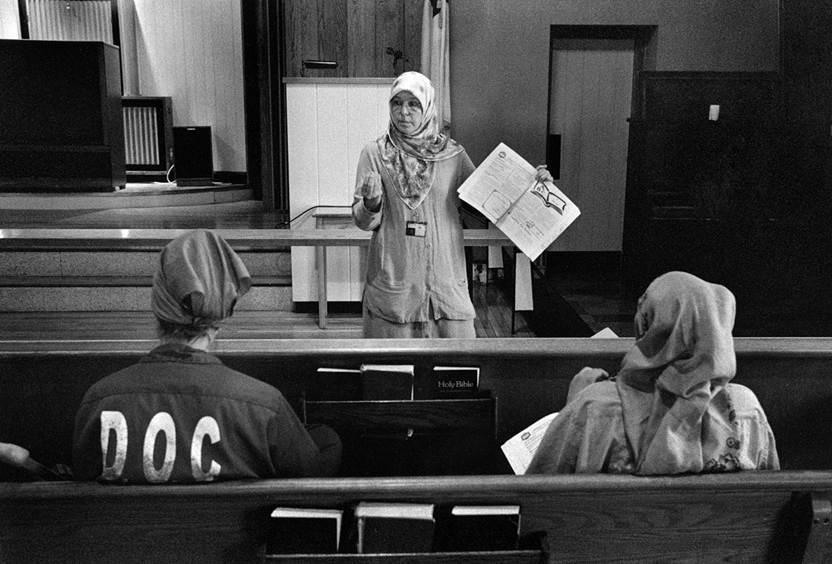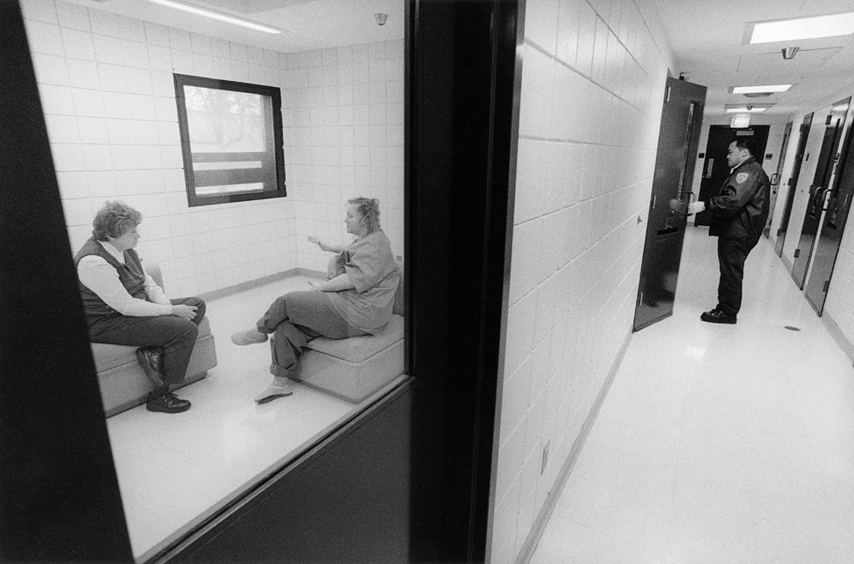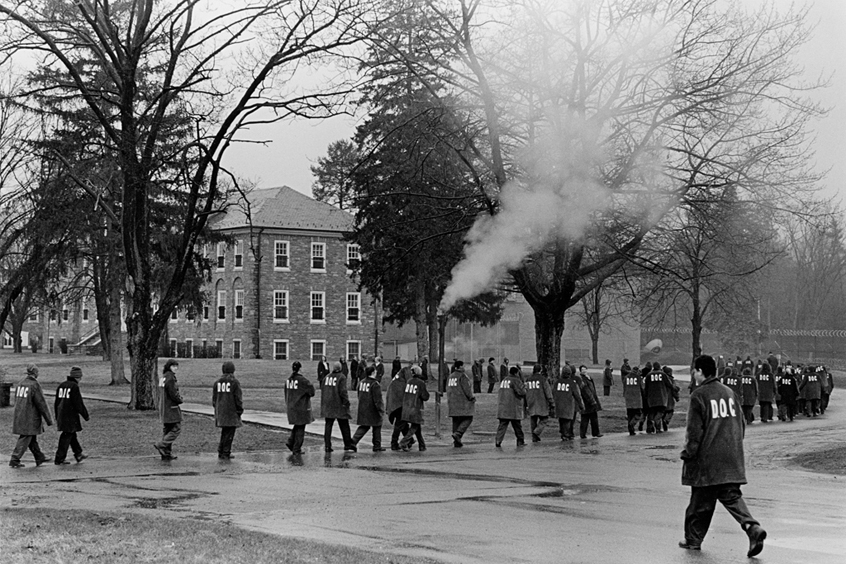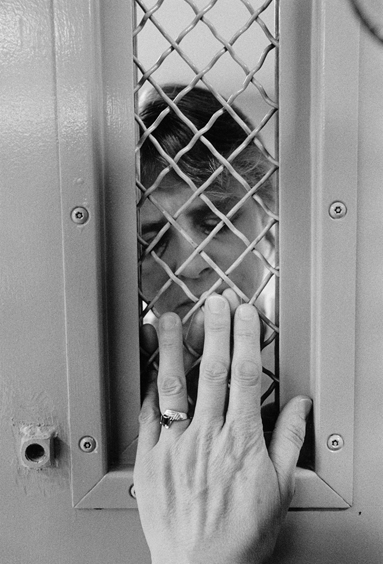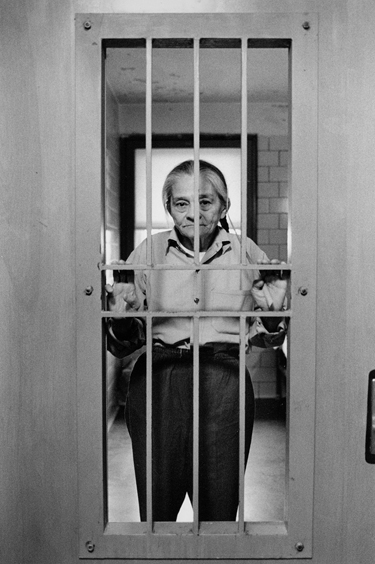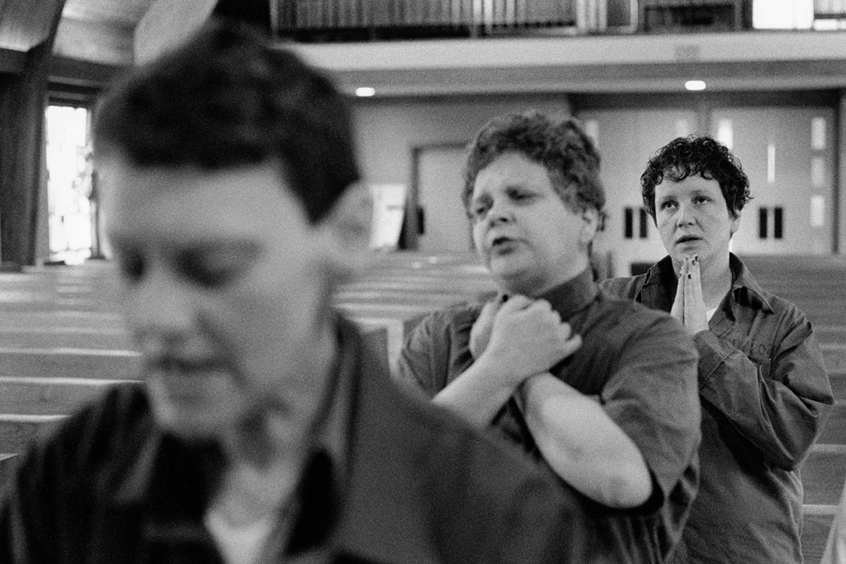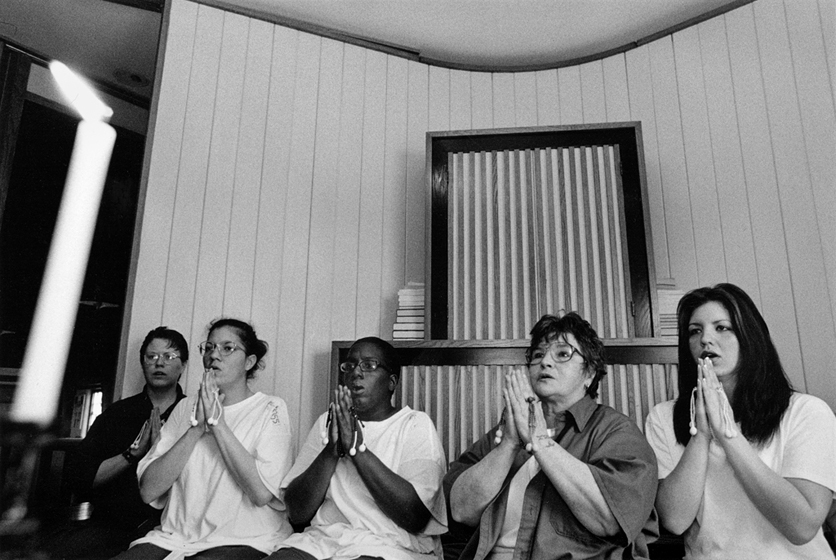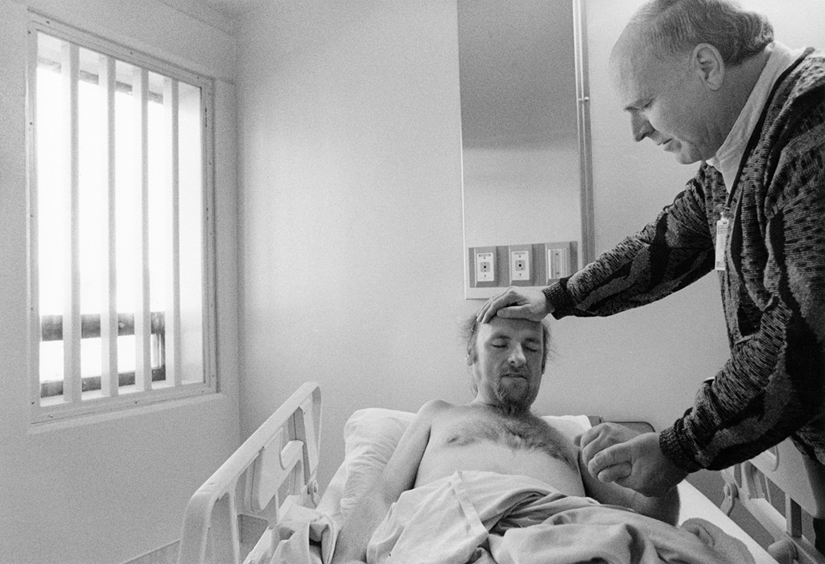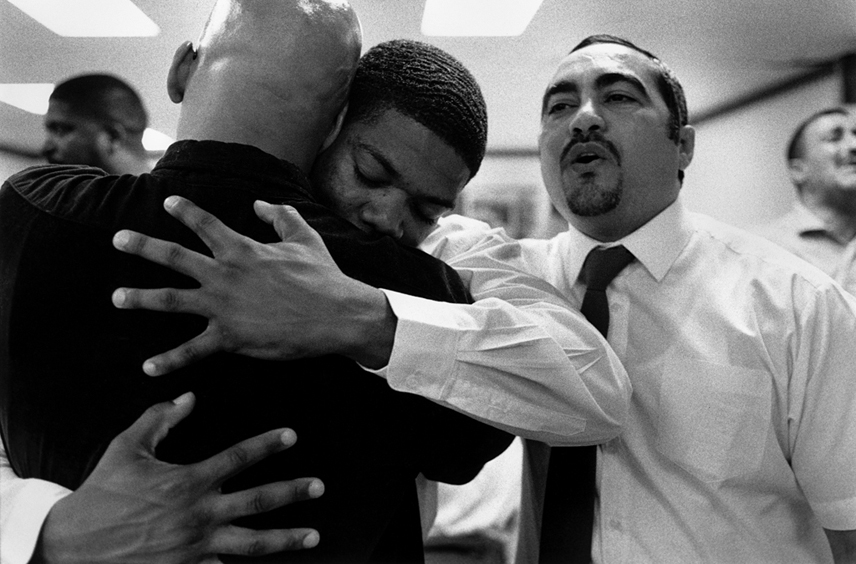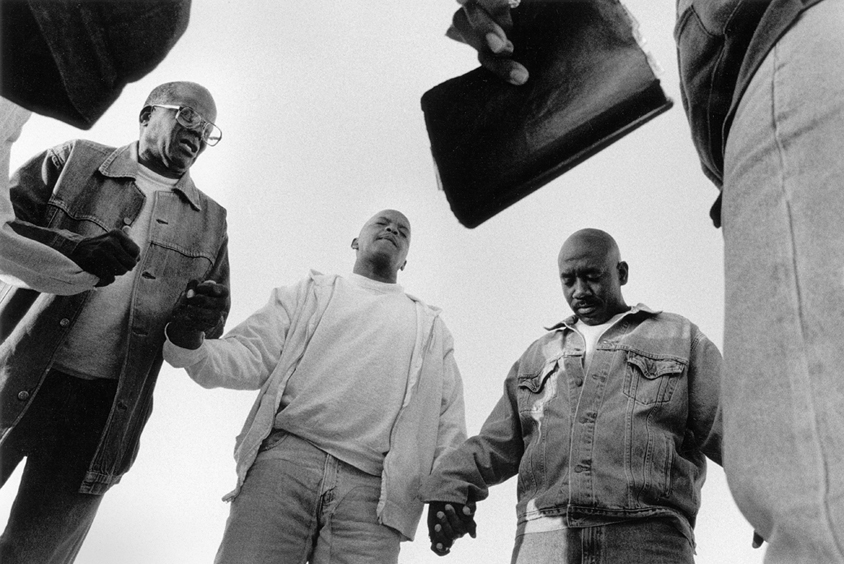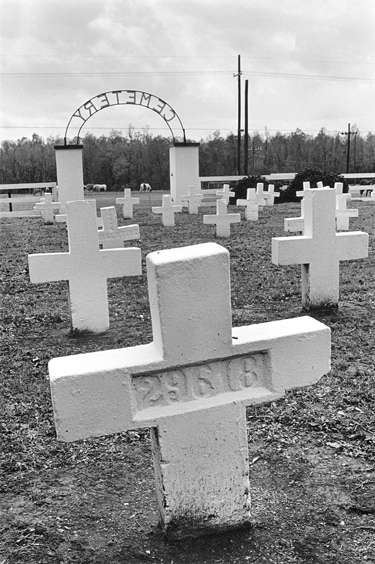There is a sacred almost untouchable feeling I get from those who have repented for their sins and forged a sincere bond with their higher power. Karla Faye Tucker became a Born-Again Christian in prison and was later put to death in Texas’s Huntsville Unit on February 3, 1998 for a double-murder committed 15 years earlier. Because of the sincerity of her repentance that she expressed in TV interviews, I shared the awe, and understood the outrage and conflict Americans, Europeans and people around the world felt about her execution.
By the laws of the Religious Freedom Restoration Act instated in 1993, states are obligated to the best of their abilities to accommodate the spiritual needs of its incarcerated population. Muslims, Christians, Jews, Buddhists, Wiccans, Native Americans, and a wide variety of other religious groups practice their rituals under one roof, often within inches of each other. Most of the groups are led by state employed chaplains and sometimes by civilian volunteers who have overcome fears, stereotypes and prejudices, to pray and heal with individuals and groups of felon inmates.
At various points through recent history, efforts have been made to channel funding into faith based religious programs throughout America. Controversial targets for this funding are religious programs in prison systems. Though there have been no conclusive studies identifying a direct relationship between a decline in recidivism and religious activity behind bars, there is empirical proof that there are extremely positive effects of these programs.
Angola Maximum Security, located in the heart of Louisiana, has a Baptist Theological Seminary on the prison grounds. The seminary offers inmates a four year degree program to obtain the right to minister throughout the prison. Stillwater Maximum Security in Oak Park Heights, Minnesota, hosts the baptism of up to 20 inmates at a time using a laundry cart filled with water and the blessings of a young, vibrant and spirited minister brought in from the outside. Women convicted of heinous murders and on Death Row at the Muncy Unit in Muncy, Pennsylvania reach through their meal tray slots to embrace in prayer the hand of dedicated chaplains such as Joanne Torma, an unconventional Episcopalian preacher, who has won the hearts of staff and inmates.
“Faith From Inside: Religion in Prison” provides insight into how religious programs and prayer offer humanity to prison life that is more often than not lonely, loveless, and hopeless. Chaplains offer inmates a refuge from the dangers of prison yards and cell blocks. One on one counseling, bible studies, and group therapy offer inmates a chance to share their anger, sadness, and feelings of separation from loved ones. Inmates ?nd time in their daily lives, whether on work detail, in their cells, or out in the yards, to convene and create a moment dedicated to looking beyond themselves and toward their higher power.
The public has been conditioned by TV shows and movies depicting evil, violent and depraved prison environments devoid of rehabilitation. Maybe there are pockets of sanity, salvation, repentance and understanding where we never expected or understood? Maybe felon criminals can restructure their lives and heal their souls? Maybe, through the conduits of spirituality, we have found one way to balance punitive action with a rehabilitative structure.
